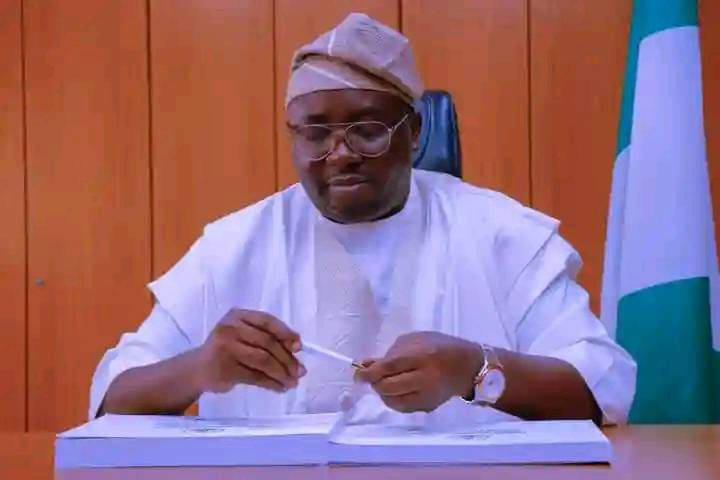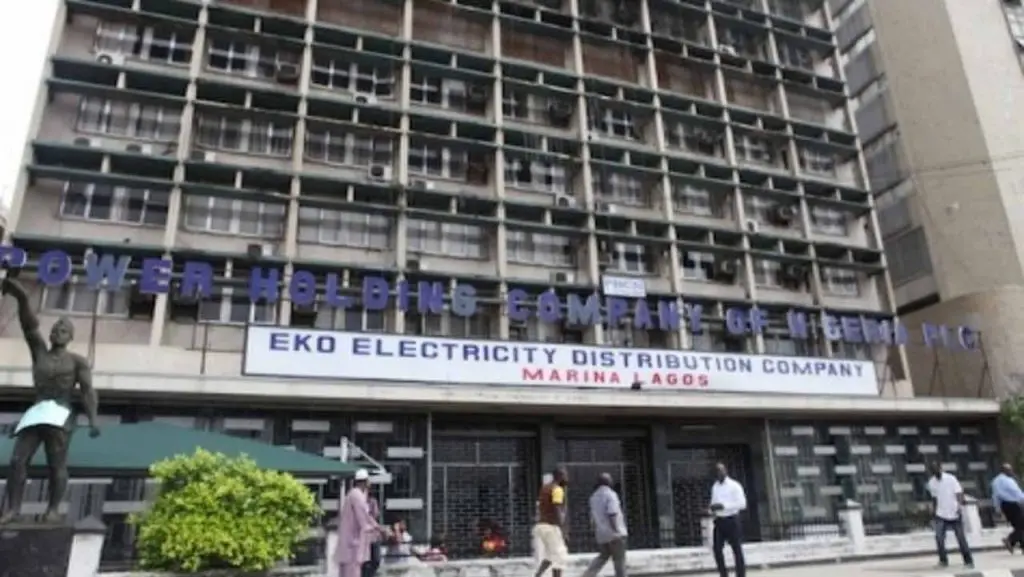Nigeria’s national power grid is prone to frequent collapses, with the resulting power shortages proving an obstacle to economic growth and investment in Africa’s most populous nation.
The World Bank estimates that the Nigerian economy loses $29 billion a year due to its unstable power supply, which causes electricity blackouts across the country.
What causes blackouts?
Nigeria’s aging power infrastructure is at the heart of the crisis. Transmission lines and substations, some of which are more than 40 years old, are prone to frequent failures.
The government-owned Transmission Company of Nigeria, TCN, reports average transmission losses of 7.79 megawatts for every 100 megawatts injected into the grid.
Years of under-investment have left the grid susceptible to tripping when demand fluctuates unexpectedly, said Lagos-based energy lawyer Ayodele Oni.
Compounding this is vandalism and attacks on transmission infrastructure, especially in the north. In the last two years, TCN recorded 108 attacks on its towers and lines.
Generation gap
Another major factor is that Nigeria, with a population of more than 200 million people, only generates and distributes a third of its installed generation capacity of 13,500 megawatts.
And despite having the world’s seventh-largest gas reserves, Nigeria produces less than 10% of the electricity generated by South Africa, a country with a population a third the size.
More than 75% of Nigeria’s electricity comes from gas-fired power plants, primarily located in its southern region. The remainder is generated by hydroelectric stations in the north.
https://businessday.ng/energy/power/a
Power generation firms feed electricity into the national grid, controlled by the Federal Government, which distributes it through 11 regional distribution companies to consumers.
Is there a fix?
More than a decade after Nigeria privatised its electricity sector, Nigeria’s grid has barely improved.
But last year the government allowed its 36 states to generate and transmit their own power. States like Lagos, the nation’s commercial hub, and five others have already begun developing independent power markets.
The government is also working with the World Bank to build 1,000 mini-solar grids to expand power access in rural areas
“A more resilient approach is needed in Nigeria to incorporate decentralised energy sources, such as solar power paired with storage, to complement the national grid,” said Sherisse Alexander, chief business officer at independent power producer WATT Renewable Corporation. Isaac Anyaogu/ UK MailOnline

Adeleke Damilola (ACTION) is a versatile content writer with expertise in news writing and a seasoned media professional and broadcast specialist. Currently serving as News Editor for DNews Info, Damilola is also the CEO of the ACTION brand, committed to shaping lives and establishing a legacy of excellence for present and future generations.
Discover more from DnewsInfo
Subscribe to get the latest posts sent to your email.





